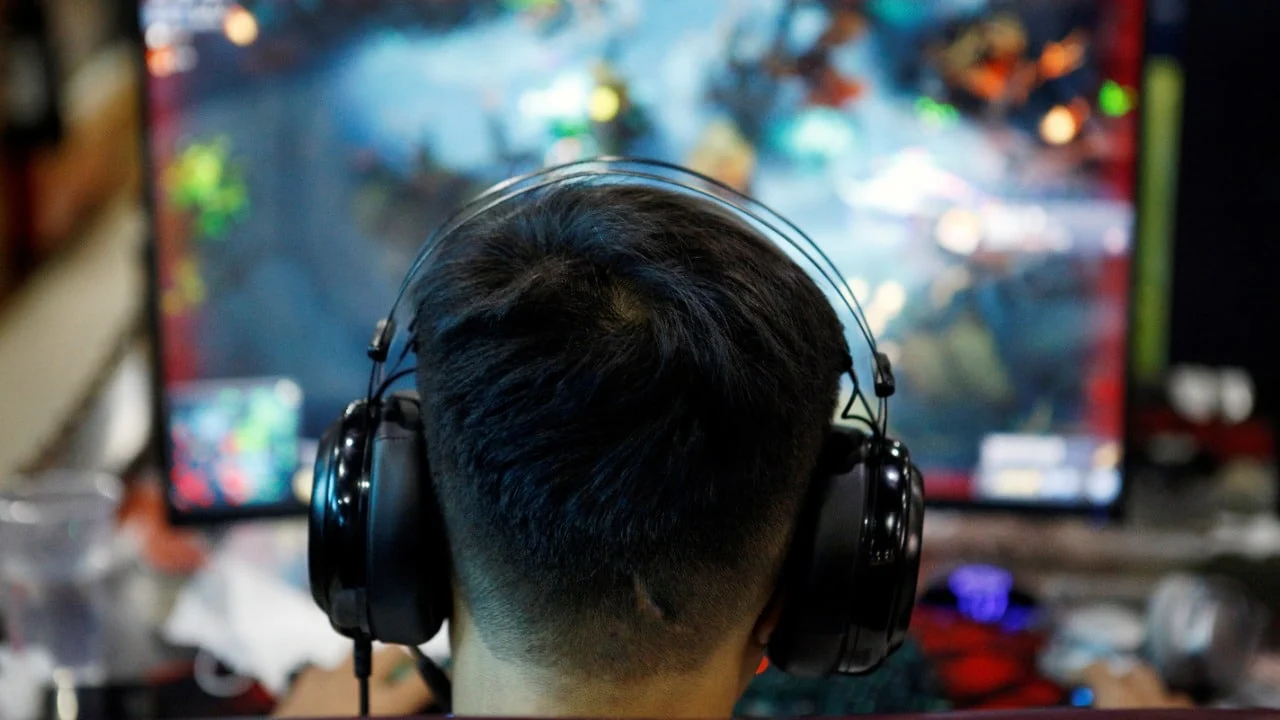By its very nature, online gaming has quickly become a social endeavor. Players across the board are scrambling to join the fun with fully immersive entertainment. It’s a tour de force in exceptional gameplay—a hyped-up version of traditional in-person entertainment.
Today’s player enjoys pulse-pounding action, real-time communication with fellow gamers, and a veritable community of like-minded folks. The platforms that excel in this regard understand that online gaming and social interaction are inextricably intertwined – they feed off one another.
Online gaming is only partially rewarding as a solitary activity. The fun factor is exponentially multiplied when social interaction is added. Players relish the opportunity to compete with one another in leaderboard challenges, tournaments, races, and contests.

Source: glitched.online
A smorgasbord of bonuses and promotional offers delivers on expectations, enhancing the engaging appeal of the online gaming experience. These incentives play a crucial role in attracting and retaining players, offering them added value and excitement.
Bonuses can range from welcome bonuses for new players to loyalty rewards for regular users, as well as seasonal promotions and special event bonuses. These offers provide players with additional opportunities to win and extend their playtime, making the gaming experience more enjoyable and rewarding.
It’s important to recognize that different players have different preferences when it comes to gaming. Online gaming is far from a homogenous pastime; it encompasses a wide array of genres, themes, and gameplay styles that cater to diverse tastes.
Some players might be drawn to action-packed shooters, while others prefer the strategic depth of role-playing games or the simplicity of casual puzzle games. This diversity means that personalized experiences are highly valued in the online gaming community.

Source: builtin.com
Today, the Hit It Rich! series of social casino slots offer a proliferation of extraordinary titles. But it’s not merely the games that generate hype; it’s the community spirit fostered by these platforms. For example, Hit It Rich! free coins facilitate interactive gameplay with a broad international audience of players.
It’s free to join the action and experience immersive gaming’s fun-filled milieu. The true test of engagement is ongoing activity. In this vein, players have carte blanche to participate in exciting tiered rewards programs such as the VIP arena. This layered system encourages advancement through engagement. Thanks to the free coins (gold coins), players can top up daily and play daily.
Nowadays, online gaming is ubiquitous. Millions of young adults are glued to their PCs, Macs, or smartphones with a veritable glut of games. Today’s games incorporate powerful hardware and software components designed to ramp up the experience to fever-pitch levels.

Source: expansion.mx
It’s not simply player versus machine; it’s player versus player, with technological wunderkinds ramping up the action. Interestingly enough, researchers studied thousands of in-game messages between players. Two distinct types of messages emerged— task-oriented and socio-emotional. The latter group generated 3.2 X more messages than the former.
This presents interesting findings for players and the broader gaming community. It underscores the importance of the social aspect of gaming versus the task-oriented aspect of gaming. In other words, interpersonal bonds are far more important when players are competing or collaborating toward tactical and strategic objectives.
Over time, gaming platforms provide safe places for regular players. Friendships tend to develop for this reason. It is a case of like-minded people enjoying themselves. They feel safe and communicate accordingly. Of course, there are distinct differences between introverts and extroverts regarding the depth of gaming relationships that develop through social interaction online. We will explore that in the next section.
The psychological aspect of social online gaming

Source: verizon.com
The National Institutes of Health (NIH) conducted a comprehensive study titled “The relationship between online video game involvement and gaming-related friendships among emotionally sensitive individuals.” This study explores the social dynamics within online gaming communities, particularly among individuals who experience emotional sensitivity. Among researchers, there is a faction that believes online gaming can serve as a socially accommodating platform for those who are socially inhibited, providing a unique avenue for social interaction and friendship formation.
However, it’s not just introverted individuals who find solace and social engagement through online gaming. Social discomfort and anxiety can also drive individuals towards these platforms as a means of connecting with others in a less intimidating environment. Regular interactions within these virtual worlds can foster in-game friendships, which have been shown to positively impact participants’ physical and psychological well-being. These friendships often extend beyond the game, providing a support network that can be particularly beneficial for those who struggle with traditional social settings.
Online video games that require collaboration during challenges further enhance this social aspect. The integration of playful, social, and distinctive environments within these games fosters the development of social relationships. Researchers have found both quantitative and qualitative evidence suggesting that social gaming is especially beneficial for shy individuals. These games provide a structured environment where players can interact, cooperate, and build relationships, which can be a significant boost for those who find face-to-face interactions challenging.
The NIH study, which included a sample size of 50,000 individuals, provides robust data supporting these claims. It’s important to note that none of the gaming activities in the study were related to gambling, focusing solely on social and collaborative gaming experiences. The study concluded that shy and emotionally sensitive individuals were more likely to develop tangible friendship networks through online gaming compared to their less emotionally sensitive counterparts. This finding highlights the potential of online gaming as a valuable tool for social connection and emotional support.
The implications of this study are significant. It suggests that online gaming can play a crucial role in the social development of individuals who might otherwise struggle to form connections. These platforms offer a unique blend of entertainment and social interaction, creating opportunities for meaningful relationships to flourish. For emotionally sensitive individuals, online gaming can be a gateway to a broader social world, helping them to build confidence and improve their overall well-being. This study provides valuable food for thought on the potential benefits of online gaming for social engagement and friendship formation.
